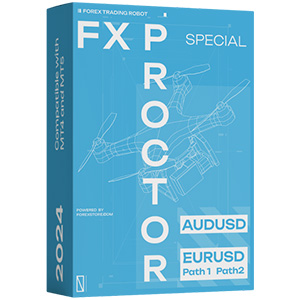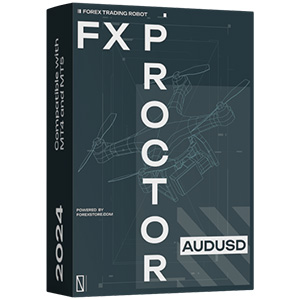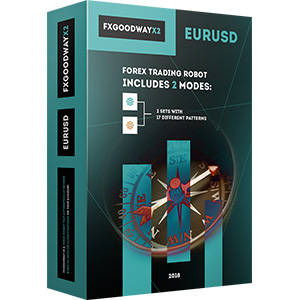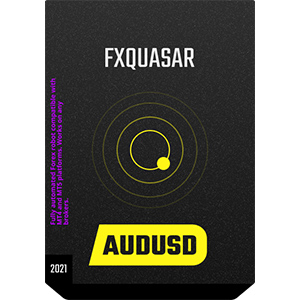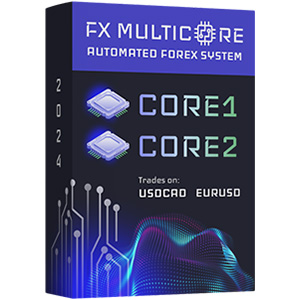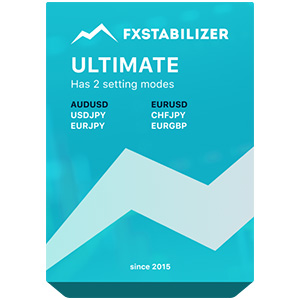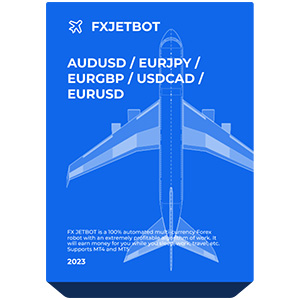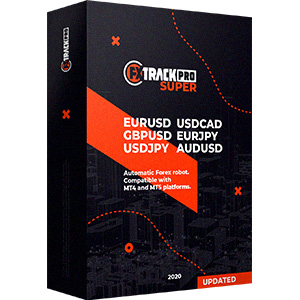
Der globale Währungsmarkt ist ein riesiges Netzwerk mit Tausenden von Teilnehmern. Privatpersonen und juristische Personen verkaufen und kaufen ständig Haupt- und seltene Währungen und konzentrieren sich aktiv auf Preisänderungen und die globale Finanzsituation im Allgemeinen. Täglich werden Billionen von US-Dollar an Vermögenswerten gekauft und verkauft. Der Handel läuft 5 Arbeitstage lang ohne Unterbrechung.
Wer sind die wichtigsten Einflussfaktoren des Devisenmarktes und warum ist es wichtig für private Händler, dies zu wissen? Das Verständnis, wie Banken, Broker, Hedgefonds und andere Finanzhaie auf Währungen spekulieren, hilft uns, rechtzeitig auf wirtschaftliche Ereignisse zu reagieren und Trends vorherzusehen, die noch nicht im Preisdiagramm ersichtlich sind. In diesem Artikel werden wir untersuchen, wer am Devisenhandel beteiligt ist und einen genaueren Blick auf die größten Akteure werfen.
Überblick über die Teilnehmer am Devisenmarkt

Die Teilnehmer am Devisenmarkt sind Privatpersonen und juristische Personen, die Währungen kaufen oder verkaufen. Dazu gehören Zentral- und Geschäftsbanken, Brokerfirmen, einzelne Händler, Hedgefonds und einige andere Organisationen, die am Handel teilnehmen.
Es ist wichtig zu verstehen, dass der Devisenmarkt eine Einnahmequelle für Händler ist, die ihre kleinen Einlagen verwalten, und für Banken mit einem Milliardenumsatz. Diese Banken haben viel mehr Einflussmöglichkeiten auf den Preis eines Vermögenswerts als Privatpersonen. Brokerfirmen, die die Interessen einer großen Anzahl von Händlern vertreten, haben ebenfalls Interessen am Devisenmarkt und üben einen gewissen Einfluss darauf aus. Diese beiden Gruppen von Teilnehmern können Währungen kaufen und verkaufen und auch unabhängig Preise festlegen.
Die Größe des Devisenmarktes macht ihn zu einem attraktiven Ort für alle großen Finanzorganisationen. Sie können daran teilnehmen und ihn maßgeblich beeinflussen. Daher müssen wir, wenn wir in zuverlässige Vermögenswerte investieren oder mit volatilen Währungspaaren handeln, die wichtigsten Teilnehmer am Devisenmarkt kennen und ihre Motive verstehen. Lassen Sie uns nun jede große Gruppe von Akteuren auf dem Devisenmarkt genauer betrachten.
Zentralbanken und Regierungen
Es gibt weniger als 200 Zentralbanken auf der Welt. Alle von ihnen beeinflussen in unterschiedlichem Maße das globale Finanzsystem. Diese Kategorie umfasst die meisten der zehn wichtigsten Akteure auf dem Devisenmarkt. Sie handeln im Interesse ihrer Länder und können auf verschiedene Weise mit dem Devisenmarkt interagieren.
Zum Beispiel können Zentralbanken die Wechselkurse ihrer Währungen künstlich schwächen. In diesem Fall wird ein zusätzliches Angebot dieser Währung auf dem Devisenmarkt gebildet. Die Hauptbanken der Länder können auch eine starke Nachfrage nach ihrer Währung schaffen.
In der Regel sind fiskalische Interventionen eine Ergänzung zur Wirtschaftspolitik. Durch die Beeinflussung des Wechselkurses können Zentralbanken die Exportprodukte des Landes wettbewerbsfähiger machen. Investoren, die über die langfristige Wirtschaftsstrategie des Staates Bescheid wissen, können diese Informationen nutzen, um ihre Anlageentscheidungen zu treffen.
Kommerzielle Banken
Kommerzielle Banken haben einen geringeren Status und weniger Möglichkeiten als Zentralbanken. Dennoch sind dies die Finanzinstitute, die das größte Handelsvolumen auf dem Devisenmarkt abwickeln. Sie können sowohl direkt miteinander handeln als auch als Händler für ihre Kunden fungieren. Im zweiten Fall erhalten Banken zusätzlichen Gewinn in Form einer Provision.
Spekulation auf dem Devisenmarkt ist auch einer der Cashflow-Posten für Geschäftsbanken. Angesichts des riesigen Kapitals und des guten Verständnisses des Marktes können Einnahmen aus dem Währungsmarkt signifikant sein. Trader können die Anlagepolitik erfolgreicher Banken studieren, kopieren oder an ihre Handelspraktiken anpassen.
Hedgefonds
Hedgefonds verfügen ebenfalls über erhebliches Kapital und sind wichtige Teilnehmer am Devisenmarkt. Es gibt Situationen, in denen große Fonds große Positionen eröffnen und den Währungspreis erheblich beeinflussen. Obwohl es unmöglich ist, die Handlungen einer bestimmten Institution vorherzusagen, können Trader einen Teil ihrer Vermögenswerte in einen Fonds investieren und die Risiken ihres Handels minimieren.
Unternehmen und multinationale Unternehmen
Ein weiterer wichtiger Akteur auf dem Devisenmarkt sind multinationale Unternehmen. Sie akzeptieren verschiedene Währungen als Zahlung für ihre Produkte und können auch mit verschiedenen Vermögenswerten bezahlen, um Waren und Dienstleistungen zu kaufen. Dadurch werden täglich Milliarden von Dollar in verschiedenen Währungspaaren umgerechnet. Unternehmen können auch direkt am Devisenhandel teilnehmen und versuchen, ihre Risiken abzusichern.
Privatanleger
Verglichen mit Banken, Hedgefonds und großen Unternehmen machen Privatanleger nur einen kleinen Teil des Marktes aus. Die Anzahl der Trader weltweit ist jedoch ziemlich groß und wächst ständig. Individuen profitieren von den Entscheidungen der größeren Akteure. Basierend auf wirtschaftlichen Faktoren und aktuellen Trends können sie effektiv Trades eröffnen und Gewinne erzielen.
Natürlich müssen Einzelhändler über erhebliche Fähigkeiten verfügen und in der Lage sein, die Marktsentimentanalyse erfolgreich durchzuführen, um erfolgreich zu handeln. Sie können den Preis nicht wie Zentralbanken beeinflussen und sind gezwungen, sich an sich schnell ändernde Bedingungen anzupassen. In einer solchen Situation müssen Sie in der Lage sein, verschiedene technische Tools zu verwenden, einschließlich der besten Forex-Roboter. Diese Expertenberater analysieren eine große Menge an Daten und helfen bei der effektiven Entscheidungsfindung.
Maklerfirmen
Maklerfirmen sind eine besondere Art von Forex-Marktteilnehmern, die über spezielle Lizenzen zur Durchführung von Finanztransaktionen verfügen. Sie helfen ihren Kunden, Trades zu eröffnen und Hebelwirkung zu nutzen. Diese Vermittlungsfirmen stellen Einzelhändlern auch Software für einen bequemen Marktzugang zur Verfügung. Aufgrund des großen Gesamtkapitals sind Makler ernsthafte Spieler im Forex-Markt.
Auch juristische Personen können Maklerdienste in Anspruch nehmen. Solche Firmen werden in der Regel als Prime Broker bezeichnet. Sie haben strenge Bedingungen für Kunden, und das Handelsvolumen von Prime Brokern ist in der Regel höher als das von individuellen Brokern.
Was müssen Trader über Makler wissen? Vor allem kann der Preis für dasselbe Währungspaar in verschiedenen Unternehmen leicht variieren. Auch der Spread und die Auftragsausführungsgeschwindigkeit können unterschiedlich sein. Die Wahl eines Maklerunternehmens kann sich erheblich auf alle weiteren Handelsaktivitäten auswirken, daher sollten Sie diesen Schritt so verantwortungsbewusst wie möglich angehen.
Verflechtung der Forex-Marktteilnehmer
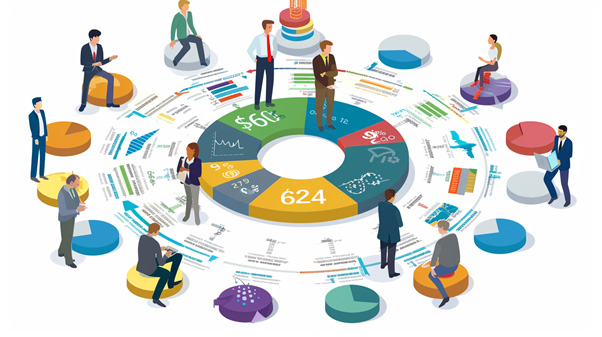
Oben haben wir die Gruppe der Teilnehmer betrachtet, die den Devisenmarkt kontrolliert. Einige von ihnen, wie Zentralbanken, steuern die Finanzpolitik und können den Wechselkurs manipulieren, um die Wirtschaft des Landes zu entwickeln. Andere - Einzelhändler - passen sich den Marktbedingungen an und versuchen, den maximalen Nutzen aus den bestehenden Bedingungen zu ziehen.
Kommerzielle Banken nutzen das Geld ihrer Einleger, um auf dem Devisenmarkt zu handeln, und gleichzeitig können sie Vertreter ihrer Kunden sein, die im Einzelhandel mit Devisen handeln. Broker vereinen Händler und werden zu gewichtigen Akteuren. Hedgefonds helfen Investoren, Risiken zu minimieren und ihr Handelsportfolio zu diversifizieren.
Alle Teilnehmer am Devisenmarkt interagieren ständig miteinander und streben danach, ihre Ziele zu erreichen. Ihre Interaktion und Kapital schaffen einen riesigen liquiden Markt in einem feinen Gleichgewicht. Der Devisenmarkt wird von Tausenden von Faktoren und Millionen von privaten Interessen beeinflusst. Gleichzeitig hat der Markt einen enormen Einfluss auf das Wohlergehen seiner Teilnehmer und die Weltwirtschaft als Ganzes.
Forex ist nicht nur eine Plattform für den Handel mit volatilen Währungspaaren, sondern auch ein Faktor, der die Inflation, die Zinssätze und die Politik großer kommerzieller Organisationen beeinflusst. In diesem Markt beeinflusst jeder jeden und jeder kann von gemeinsamen Trends profitieren.
Devisenmarktdynamik und zukünftige Trends
Der globale Währungsmarkt entwickelt sich ständig weiter. Heute wird er stark von technischen Innovationen beeinflusst. Die Verfügbarkeit von Handelsplattformen, Bildungsmaterialien und Tools zur Verwaltung Ihres Kapitals hat Forex beliebter gemacht als je zuvor. Und obwohl Händler nicht mit Banken in Bezug auf Handelsvolumen konkurrieren können, machen sie dennoch einen bedeutenden Teil davon aus.
Ein weiterer potenzieller Trend ist die Einführung digitaler Zentralbankwährungen. Wenn diese Währungen zu einem anerkannten Zahlungsmittel werden und in den Devisenmarkt eintreten, können sie das fragile Gleichgewicht stören und den Wechselkurs erheblich beeinflussen.
Trotz erheblicher Belastungsfaktoren können stabile Währungen wie der Dollar, der Euro und das britische Pfund voraussichtlich die liquidesten Vermögenswerte auf dem Markt bleiben. Dies liegt an der Größe der US- und europäischen Volkswirtschaften und der großen Anzahl von kommerziellen und staatlichen Teilnehmern, die an der Stabilität dieser Währungen interessiert sind.
Das Fazit
Forex ist auf allen Ebenen äußerst beliebt - von Einzelpersonen bis zu Zentralbanken. Dieser Markt ermöglicht es allen Teilnehmern, Gewinne zu erzielen, wenn sie die Schwankungen von Währungspaaren richtig antizipieren können. Einige Teilnehmer am Devisenmarkt haben weniger Möglichkeiten, während andere einen erheblichen Einfluss auf die Preise haben. In diesem Artikel haben wir die Rolle der wichtigsten Akteure auf dem Devisenmarkt betrachtet und versucht zu erklären, wie Händler von diesem Wissen profitieren können.


